Sponsored by the Office of the Provost, CRLT, and the University Library
Provost's Teaching Innovation Prize home page and nominations
Provost's Teaching Innovation Prize home page and nominations
| Recipient(s) | Title |
|---|---|
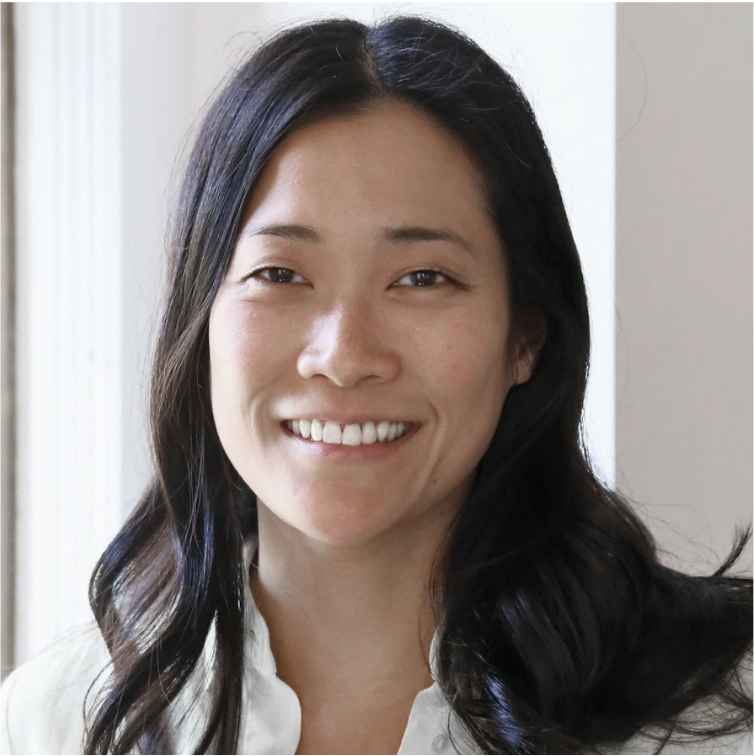 Irene Hwang |
Stacked Mentorship Model, A New Model of Mentorship for Equity in Architectural EducationSince its founding in 2018, the Equity in Architectural Education Consortium has conceived, initiated and developed a consortium alliance among Florida A&M University, Florida International University, Hampton University, Howard University, Morgan State University, Tuskegee University, the University of Oklahoma and U-M. The central activity of the EAEC has been the Stacked Mentorship Program, a new model of mentorship that has included approximately 650 participants from nearly 20 institutions. The outcome of the EAEC’s SMP has been a meta-mentorship community composed of… more Enriching Scholarship Slides |
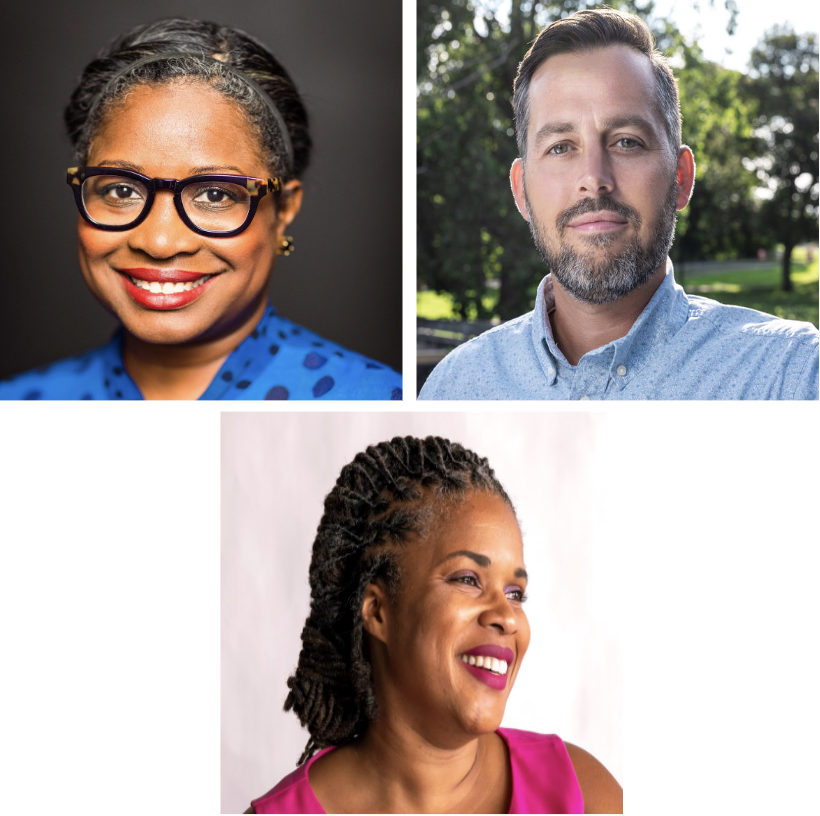 Melissa Creary Paul Fleming Whitney Peoples |
Supporting anti-racist teaching through the Health Equity via Anti-Racist Teaching (HEART) free online training courseThe HEART (Health Equity via Anti-Racist Teaching) online training is a free, five-module course focused on the process of actively building anti-racist teaching approaches in public health. It is designed for public health teachers, educators, leaders, faculty, trainers and managers who are responsible for training of any kind, and may also be useful for teachers of all kinds, especially those in health-related fields. The course begins with foundational understandings of racism, and anti-racism, and how they relate to public health and teaching. It then focuses on building an anti-… more Enriching Scholarship Slides |
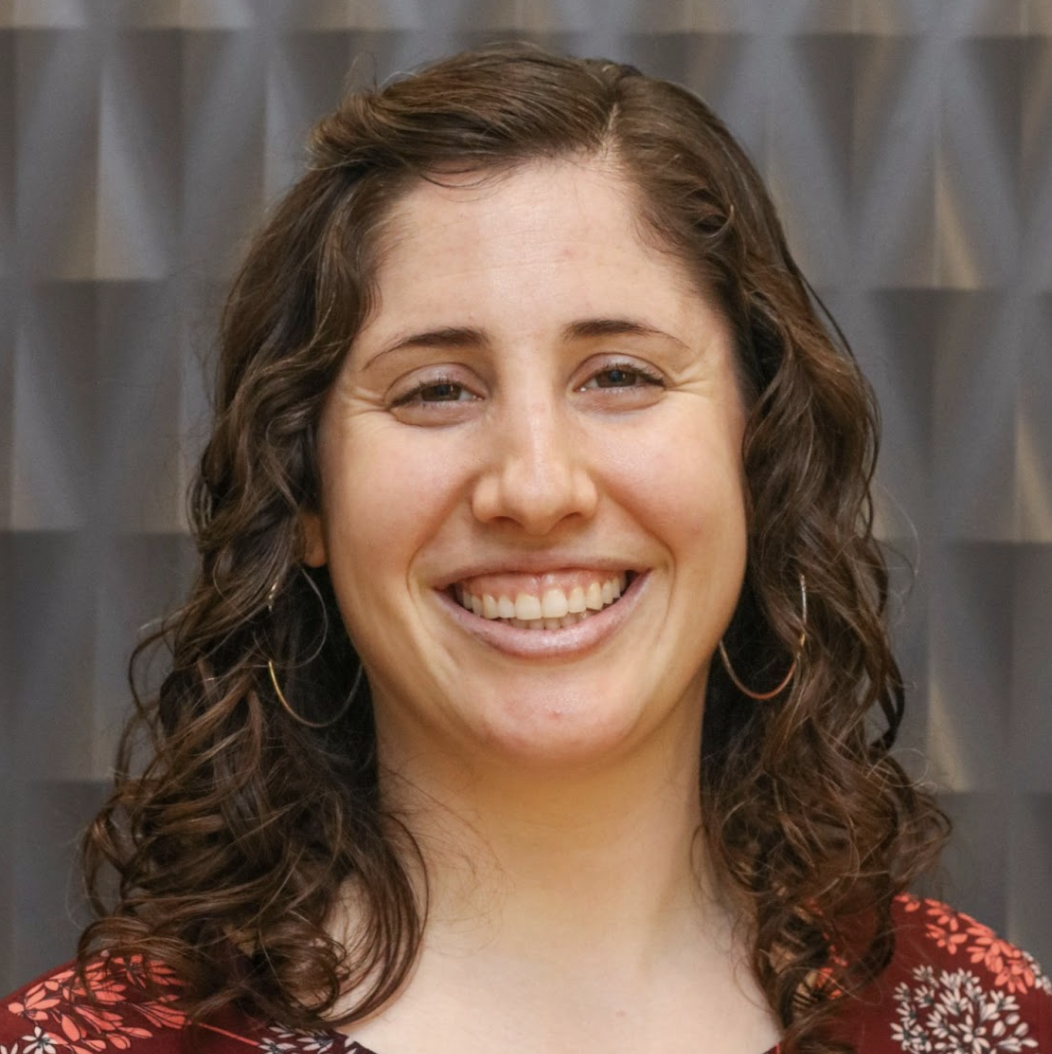 Becca Pickus |
Closing the Loop: Positioning Formerly-Incarcerated Students as Co-Instructors in Equity-Focused, Community-Engaged Decarceration Courses on CampusMultiple U-M courses allow students to learn alongside incarcerated individuals. These classes embody an equity-focused pedagogical commitment to learning with and from communities, rather than learning about communities from afar. Peers engage in mutually beneficial, reciprocal learning relationships where scholarly texts and lived expertise are equally valued sources of knowledge. However, prison-based classes are inaccessible for some students, and students who do take prison-based classes often express uncertainty about how to bridge these experiences with ongoing decarceral work. A… more Enriching Scholarship Slides |
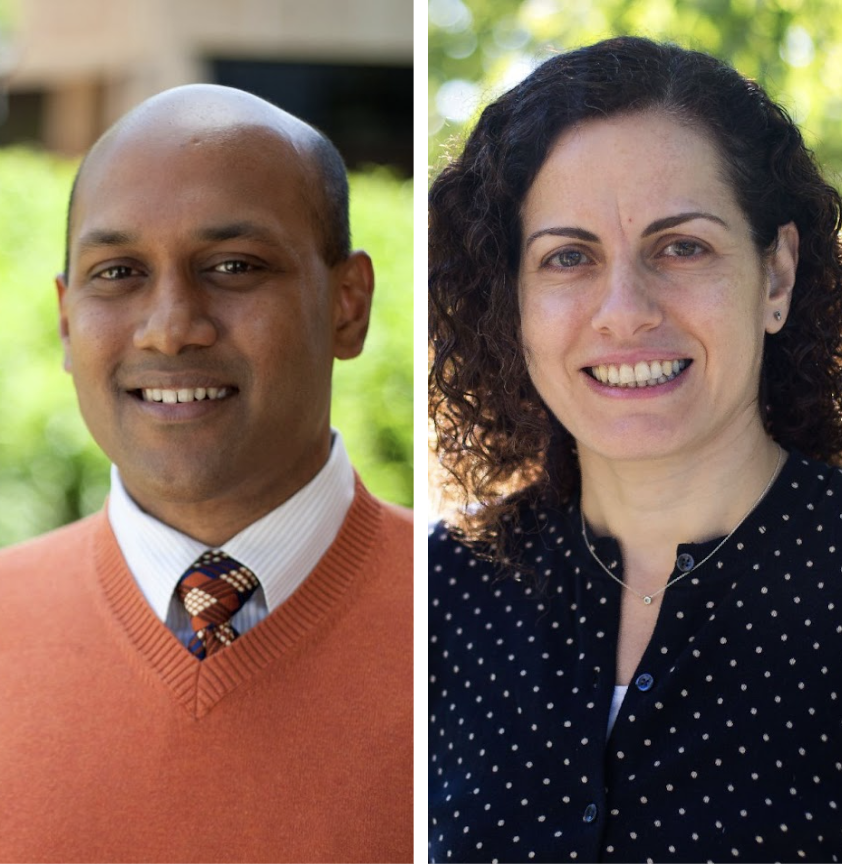 Vineet Kamat Carol Menassa |
Digital Sandbox for Experiential Model-Based Engineering EducationA construction engineering and management professional’s success depends on their sound understanding of engineering principles, as well as their ability to visualize, understand, analyze and communicate intricate interdependencies among disciplines involved in the design and construction of civil infrastructure. Such complexity is hard to replicate in classrooms, making construction engineering and management — or CEM — a field where true learning allegedly only takes place “on the job” through years of field experience. The faculty team of Kamat and Menassa, intent on challenging… more Enriching Scholarship Slides |
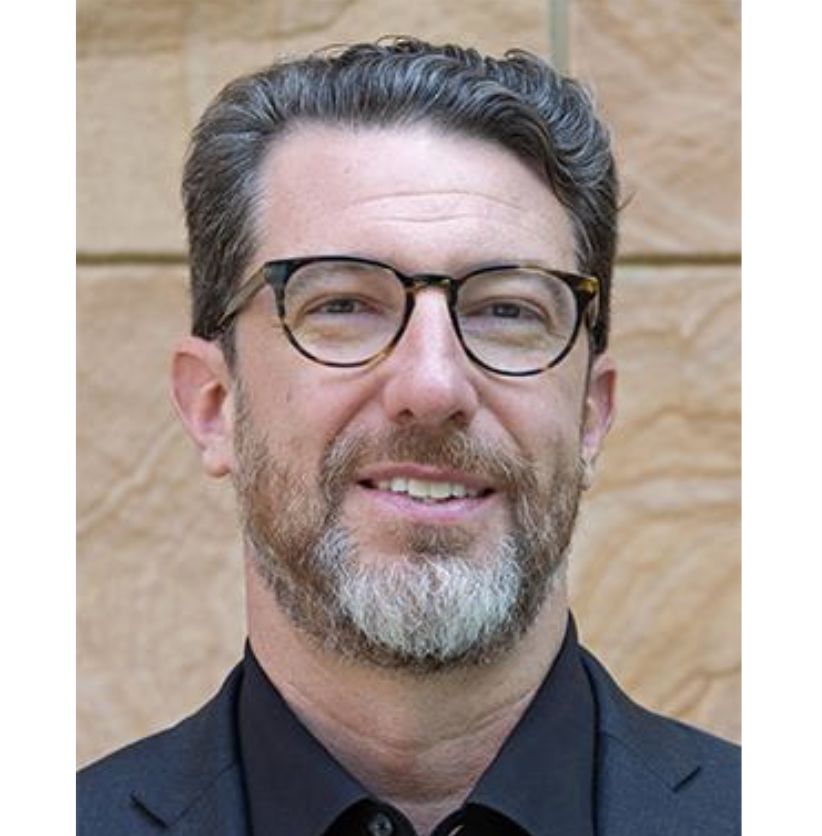 Chris Rider |
Equity Analytics: A new course for addressing societal inequalityGrowing sensitivity to societal inequality has led many to ask if their organizations create disparities in opportunity or outcomes for employees, customers, suppliers and other stakeholders. Rider’s course provides students with the analytical skills to identify and to address such disparities. The core of the course is a novel “equity analytics” framework, which is based on extensive social science research and methods. Organizations use processes to allocate opportunities such as jobs or projects to people, and organizations value people’s contributions through such methods as… more Enriching Scholarship Slides |
| Recipient(s) | Title |
|---|---|
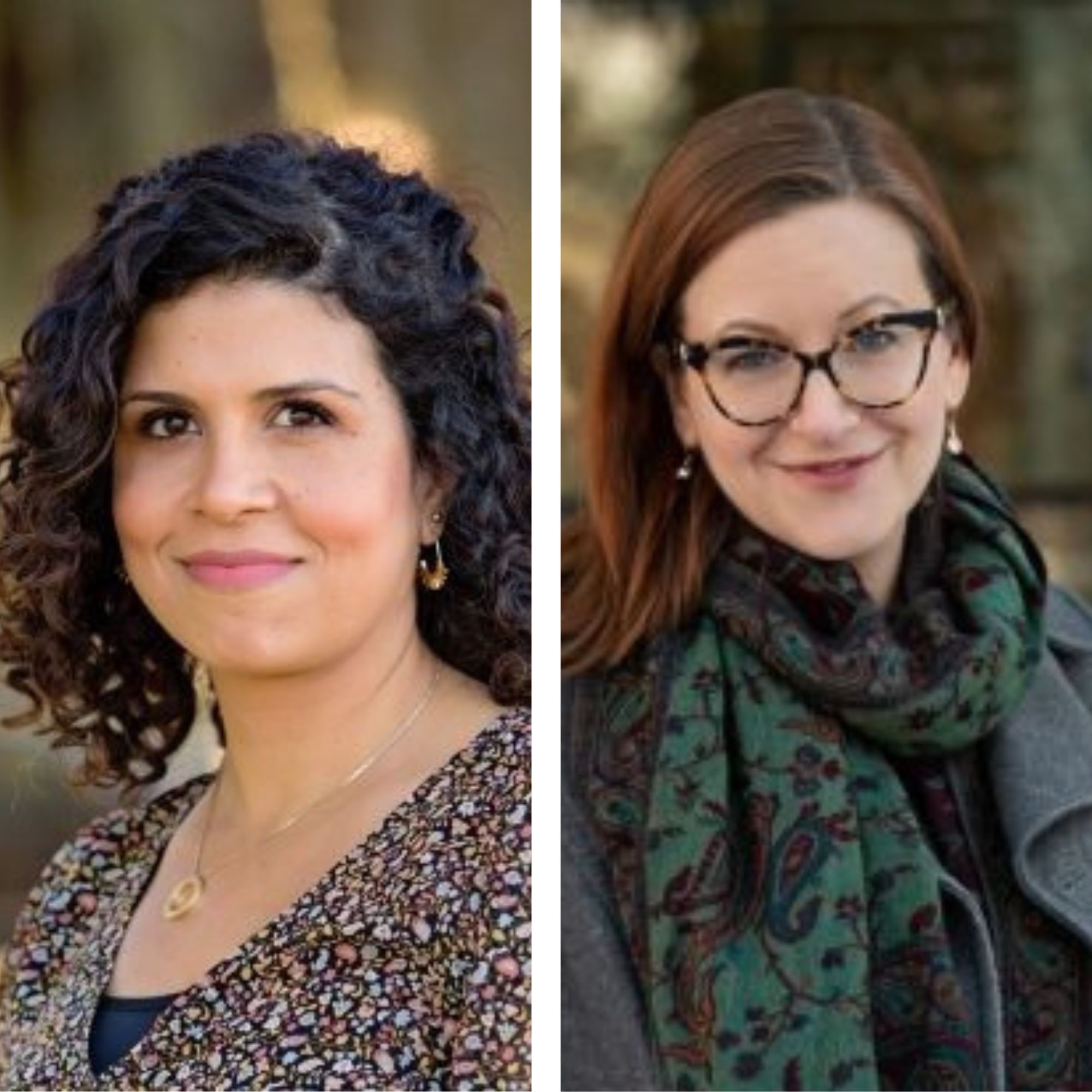 Yazmin Moll Rebecca Scharbach Wollenberg |
The Abrahamic SensoriumIn a course or a workshop that is part of the Abrahamic Sensorium, students engage with sounds, scents, tastes, sights and tactile manifestations of Jewish, Christian and Muslim traditions. Centering the senses in the classroom “allows students to bypass rehearsed narratives both about their own religious traditions and those of other traditions, thus enabling new spaces of engagement around fraught topics,” Michael Lempert, professor of anthropology in LSA, wrote in nominating the project. Sensory pedagogy offers students direct and shared experiences that are visceral and evocative.… more Enriching Scholarship Slides |
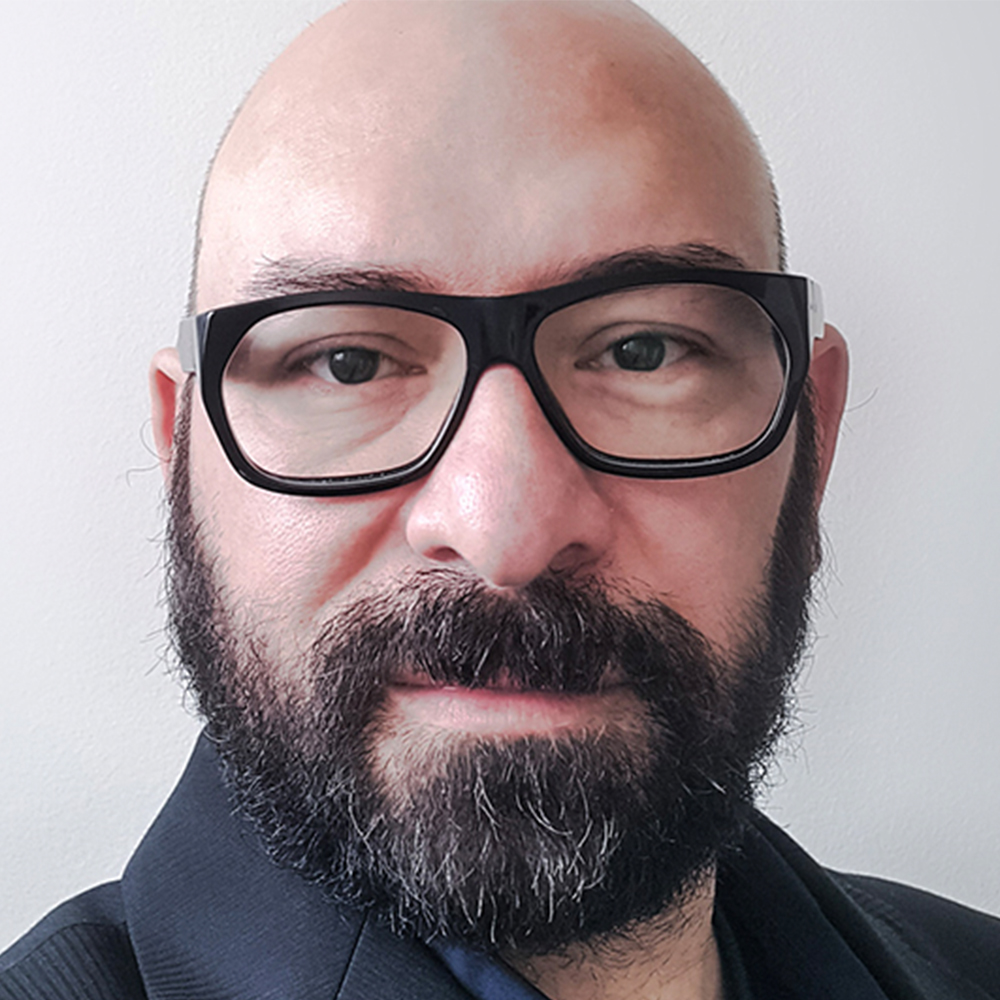 Matias del Campo |
Architecture and Artificial IntelligenceDel Campo’s research and teaching focus on the various ways that artificial intelligence will impact the future of architectural design. Introducing artificial intelligence into architecture pedagogy is shifting the paradigm for student learning, and Taubman College is on the cutting edge. Top-down expert systems driven by faculty are giving way to more collaborative learning systems, as cloud-computing solutions give students access to powerful graphics processing without the need for expensive hardware. Students in del Campo’s course Architecture and Artificial Intelligence and his… more Enriching Scholarship Slides |
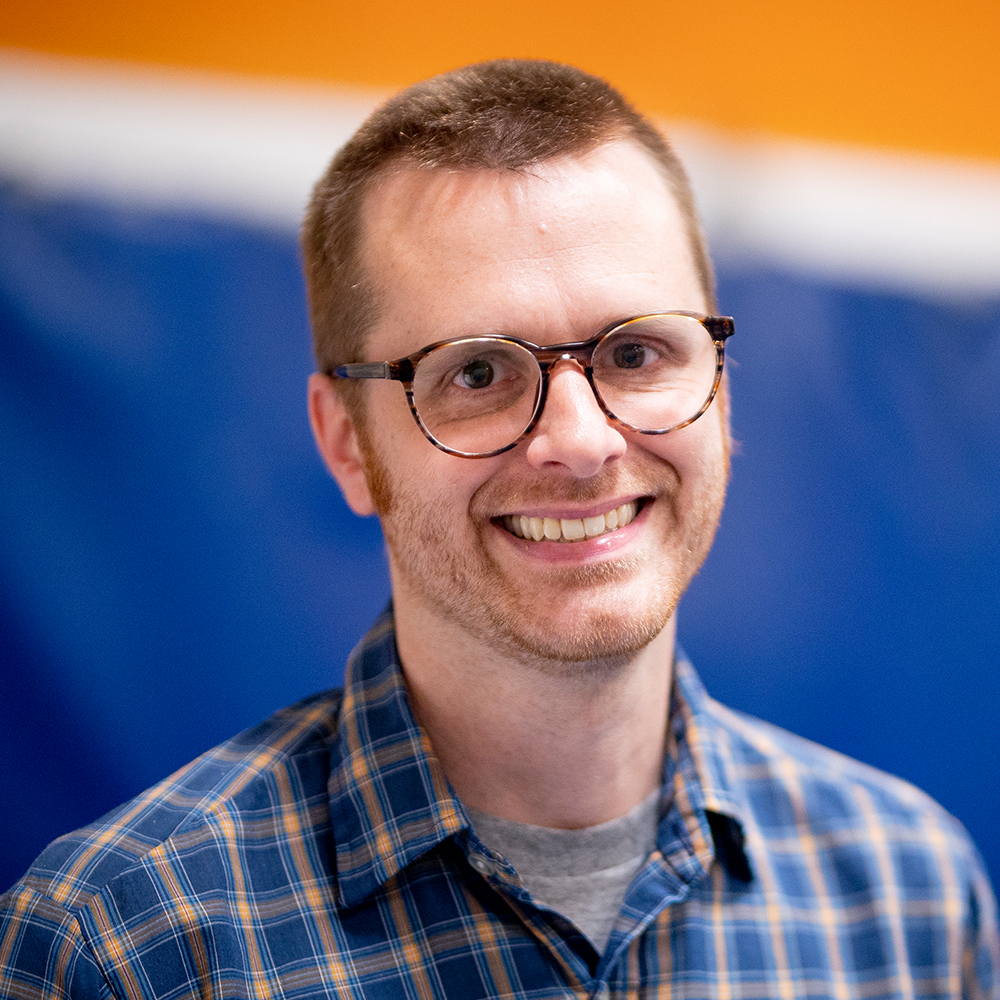 Isaac Wingfield |
Humanize the Numbers: Using Photographic Collaboration to Expose the Humanity of Incarcerated IndividualsHumanize the Numbers is a community-engaged course in the Prison Creative Arts Project curriculum. Over the course of a semester, U-M students drive to a Michigan state prison every week to teach a group of incarcerated men the fundamentals of photography. They collaborate with this group on a creative photography project, which often serves to educate the public about the issues of the carceral state. Wingfield centers collaboration and partnership between the students and the incarcerated men in the course design. Incarcerated participants take an active role in the structure… more Enriching Scholarship Slides |
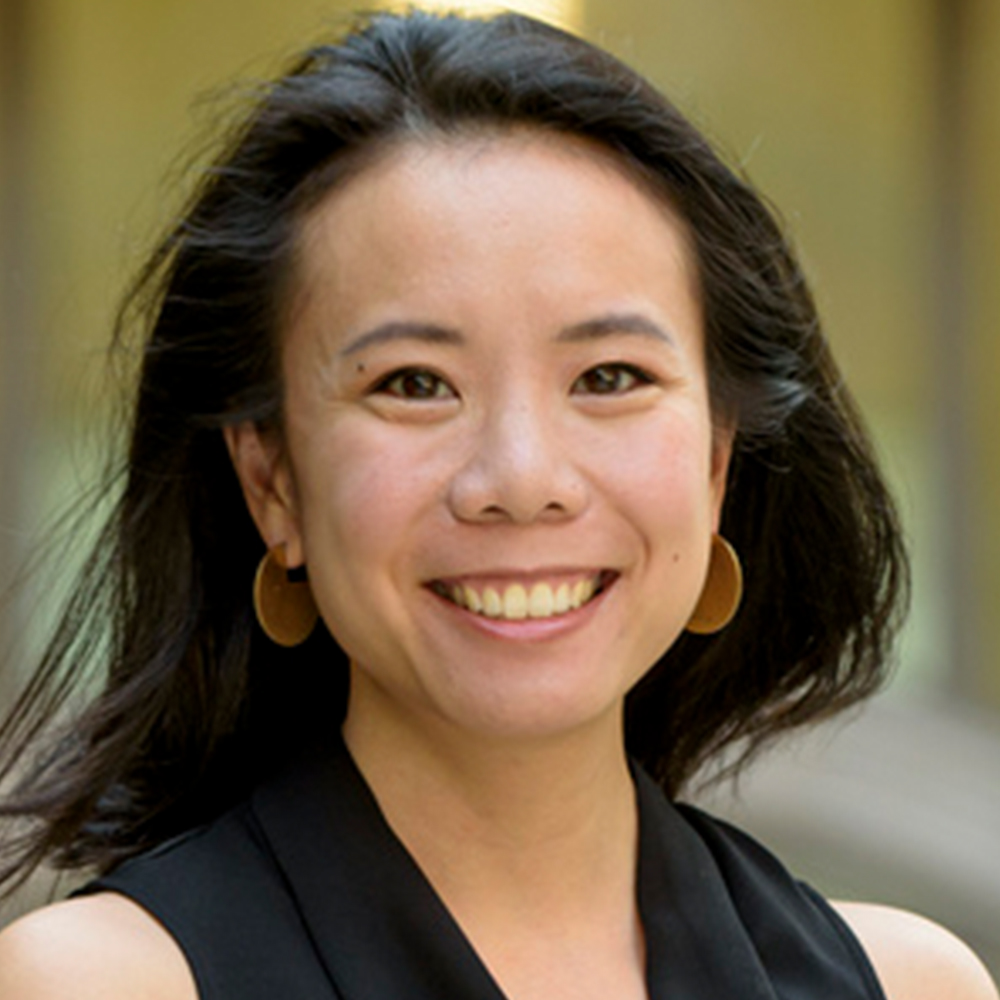 Julie Hui |
Lettersmith: A Writing Support Tool That Provides Structured Guidance and Encourages MetacognitionLettersmith is an innovative educational technology platform that significantly improves student writing quality and confidence, while strategically deploying instructors’ expertise and time. Instead of spending time repeatedly pointing out the same basic mistakes, instructors can customize templates that break writing processes into manageable chunks with clearly articulated expectations for structure, content and tone. Existing writing support tools provide feedback after a draft has been produced. Lettersmith uniquely provides support much earlier in the process. The platform… more Enriching Scholarship Slides |
 James Holly, Jr. |
(Re)Politicizing Engineering Knowledge Through Racism-Conscious Engineering InstructionHolly innovated an approach to teaching mechanical engineering that fosters students’ acknowledgement, understanding and rejection of the ways engineering knowledge and practice have been rooted in White supremacist epistemologies. Students explore sociopolitical and historical contexts of mechanical engineering, engage in critical inquiry, and conceptualize how mechanical engineering can be racially just. The approach utilizes writing reflections, socially annotated readings and a multimodal final project in which students analyze an engineering education or practice challenge, with… more Enriching Scholarship Slides |
| Recipient(s) | Title |
|---|---|
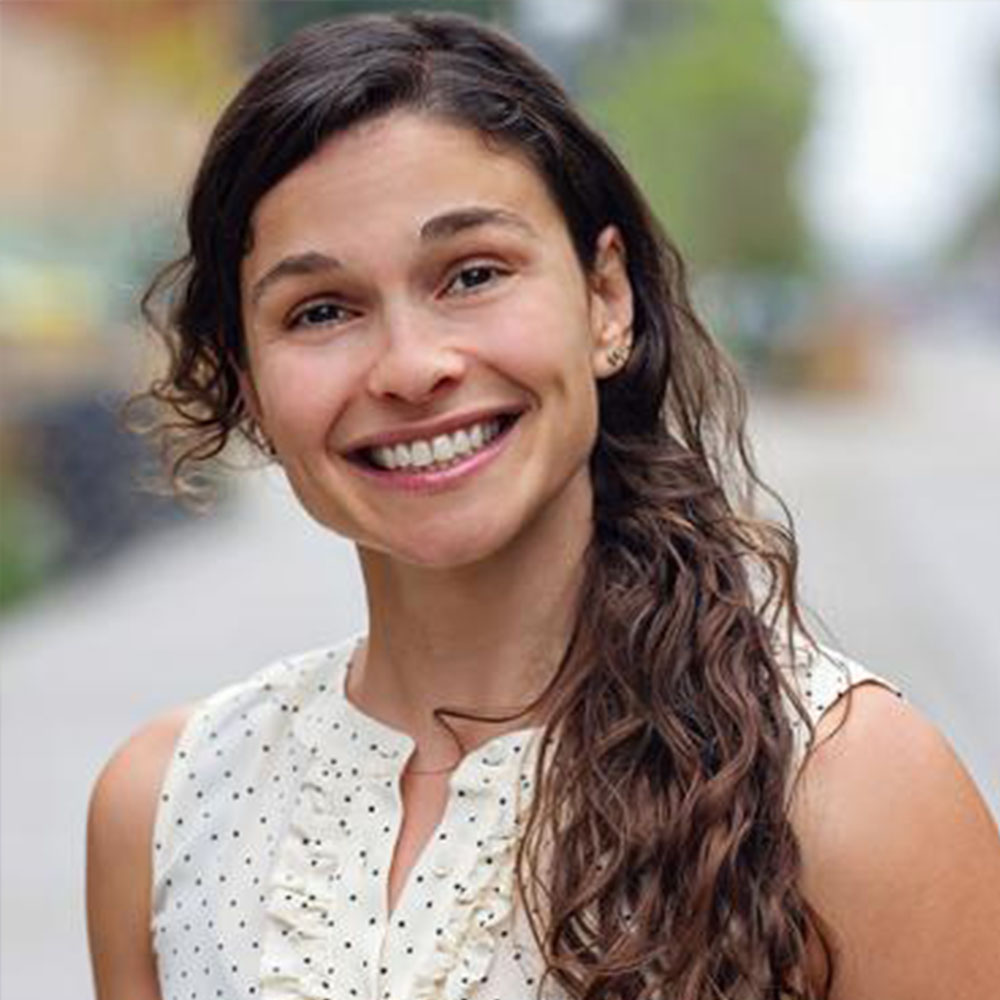 Michelle Bellino |
Community-Engaged Research with Schools in Support of Newcomer StudentsThe course, EDUC 792: Qualitative Research Methods: From Welcoming to Belonging: Community-Research with Schools in Support of Newcomer Migrant Students, was developed in response to the need to engage graduate students in learning qualitative research methods in ways that advance anti-racism and inclusive teaching. The challenges of teaching qualitative research methods are well-documented and include learning to negotiate power differentials between universities and communities, ethical conduct in enacting research methods and building knowledge claims, and critically engaging one’s… more Enriching Scholarship Slides |
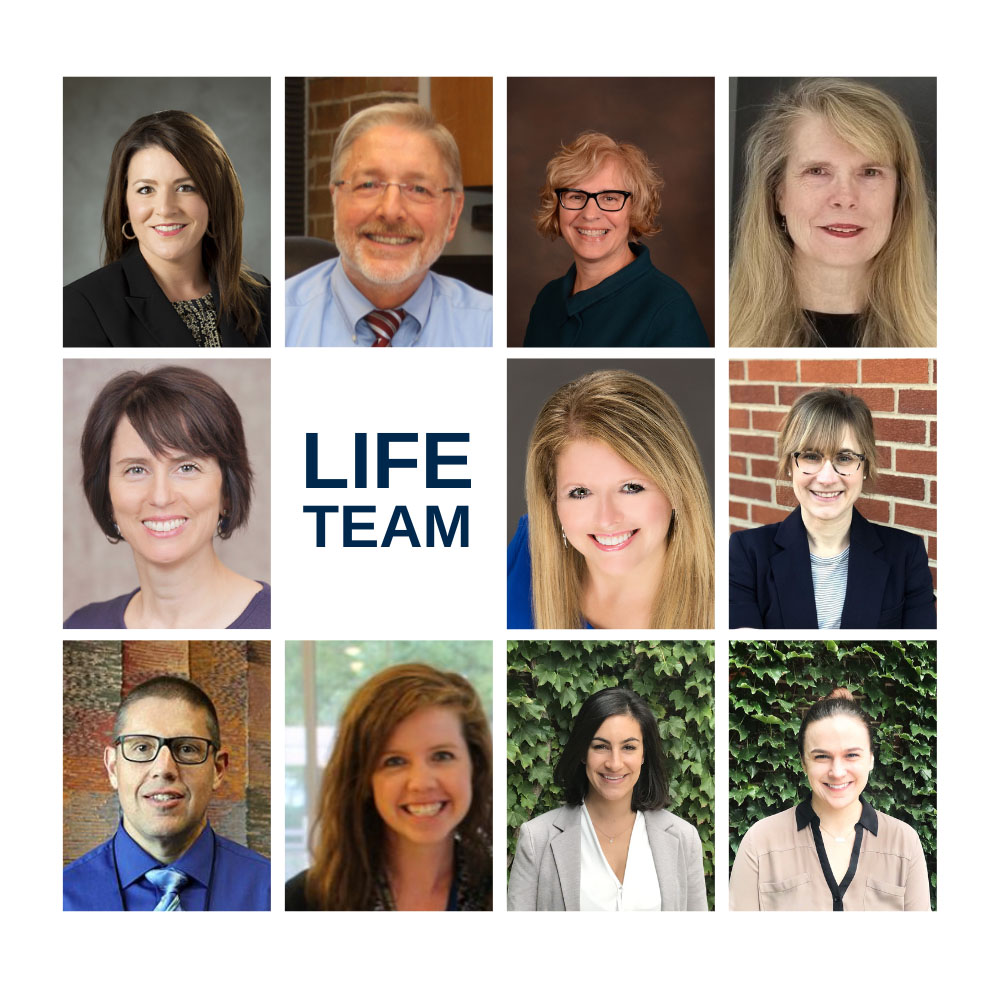 LIFE Team |
LIFE: Longitudinal Interprofessional Family-Based ExperienceThe COVID-19 Pandemic created the opportunity to shift from the normal practice of limited team interactions on case-based experiences and maximize innovative approaches to expand into experiential, longitudinal, authentic team work in collaboration with real patients and families. The result was the Longitudinal Interprofessional Family-based Experience (LIFE). In 2021, it’s pilot year, LIFE engaged 48 early learners from eight health science schools in virtual synchronous and asynchronous team skill-based interactions coupled with real patient experiential learning over 11 weeks.… more Enriching Scholarship Slides |
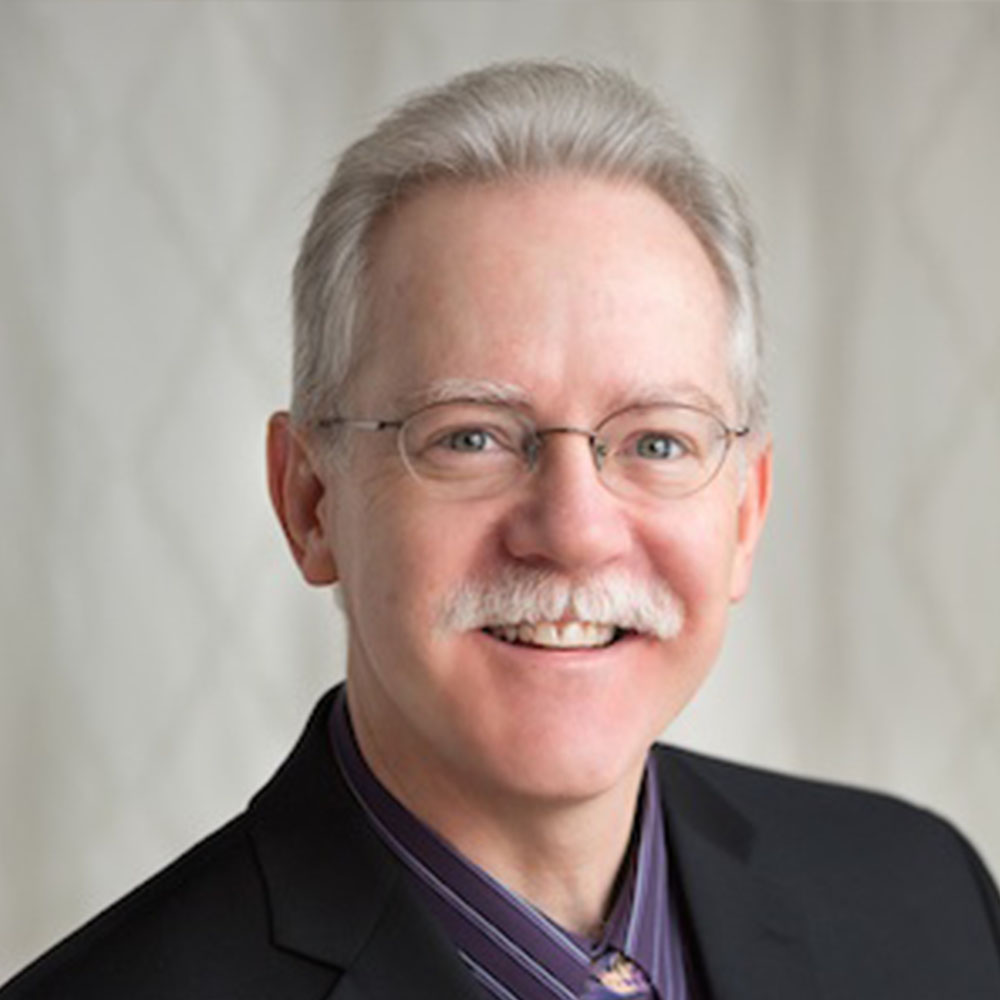 Timothy Cheek |
Shifting Eurocentrism, and Enhancing DEI in Voice ClassesItalian, French, and German Lyric Diction courses are required for both undergraduate and graduate voice majors, conductors, and collaborative pianists. Inherently Eurocentric and skill-oriented, the courses culminate with U-M students performing for their classmates within the confines of their classroom. How to break through the seemingly narrow focus of the courses, shift the centrism, give students perspective beyond the classroom, increase their skills and knowledge, and set them on a road to independence and global collaboration? The answer came to the teacher of these courses as a… more Enriching Scholarship Slides |
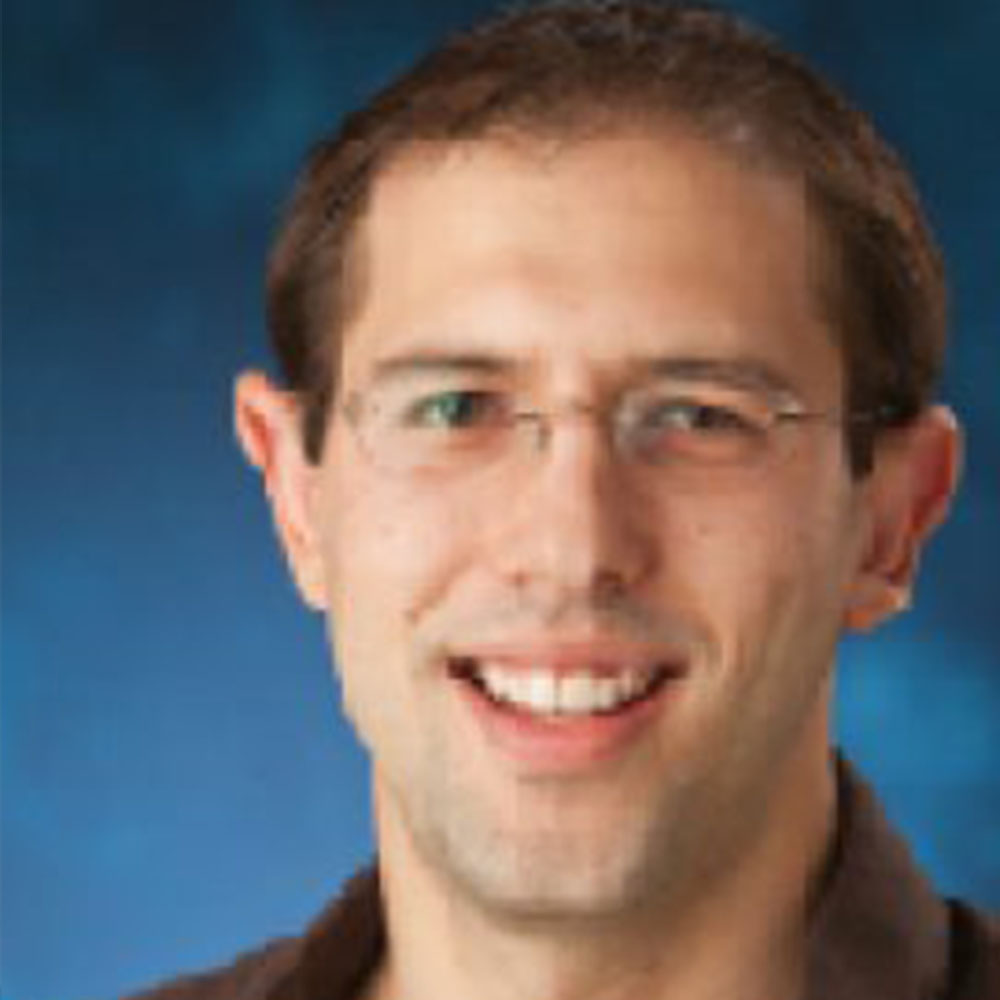 Josh Pasek |
Simulating Interactions Between Science and PolicymakingOne rallying cry throughout the pandemic has been that policymakers and citizens should simply “follow the science.” Doing so, many seemed to presume, would lead to a clearheaded understanding of which restrictions to impose and when to impose them. A longstanding lesson of the Debating Politics and Science class (Comm 467) is that this process is hindered by scientific uncertainty, the challenge of translating science into policy, the game of telephone that occurs as scientific knowledge moves through media and public opinion, and the complications of simultaneously considering public… more Enriching Scholarship Slides |
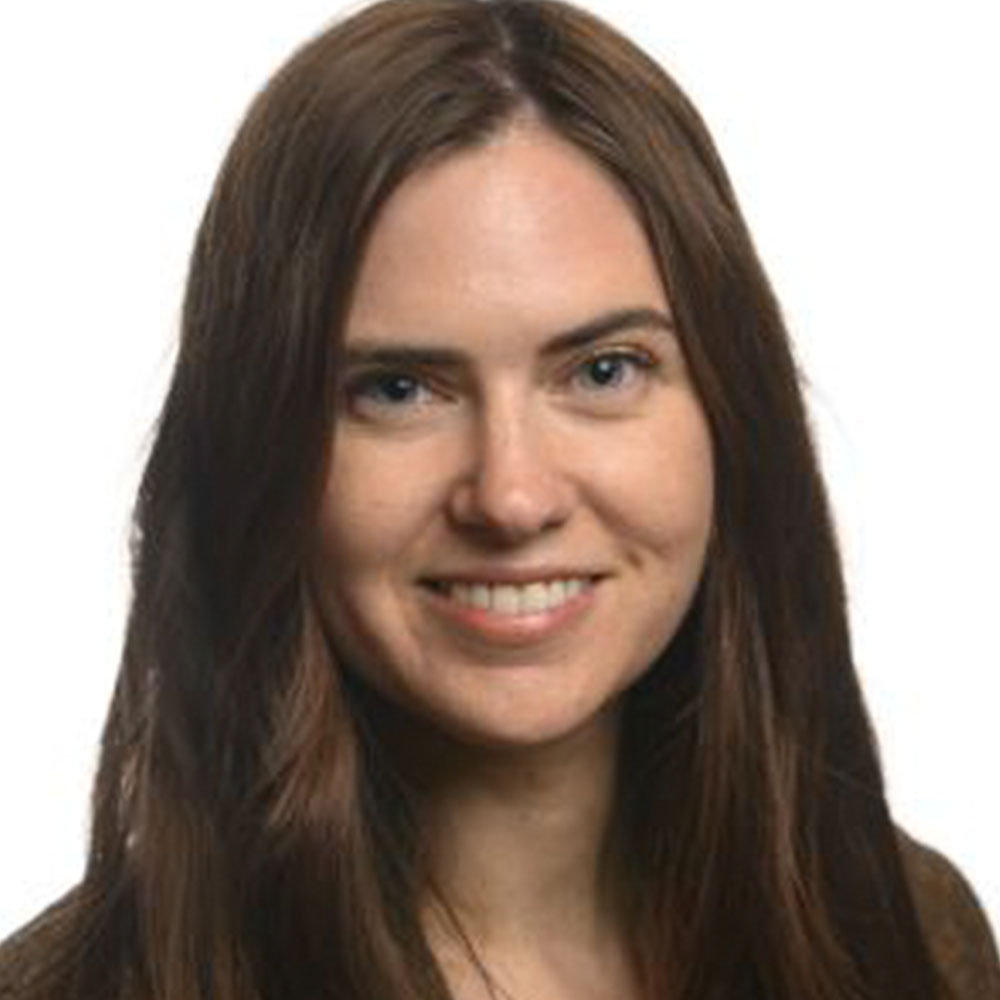 Elle O’Brien |
Slack Bots for Remote Asynchronous EducationFor my students in the Masters of Applied Data Science program's Capstone class, I asked students to create group projects that show mastery of data science skills learned in the program. This posed a challenge for a fully online class- how do we keep a sense of class unity AND get meaningful updates on progress from ~70 students? I designed an assignment where students post 5-minute video standups (a standard form of progress updates in the tech world) in a shared Slack channel about the status of their work, and then leave encouraging comments and suggestions on other team's standups.… more Enriching Scholarship Slides |
| Recipient(s) | Title |
|---|---|
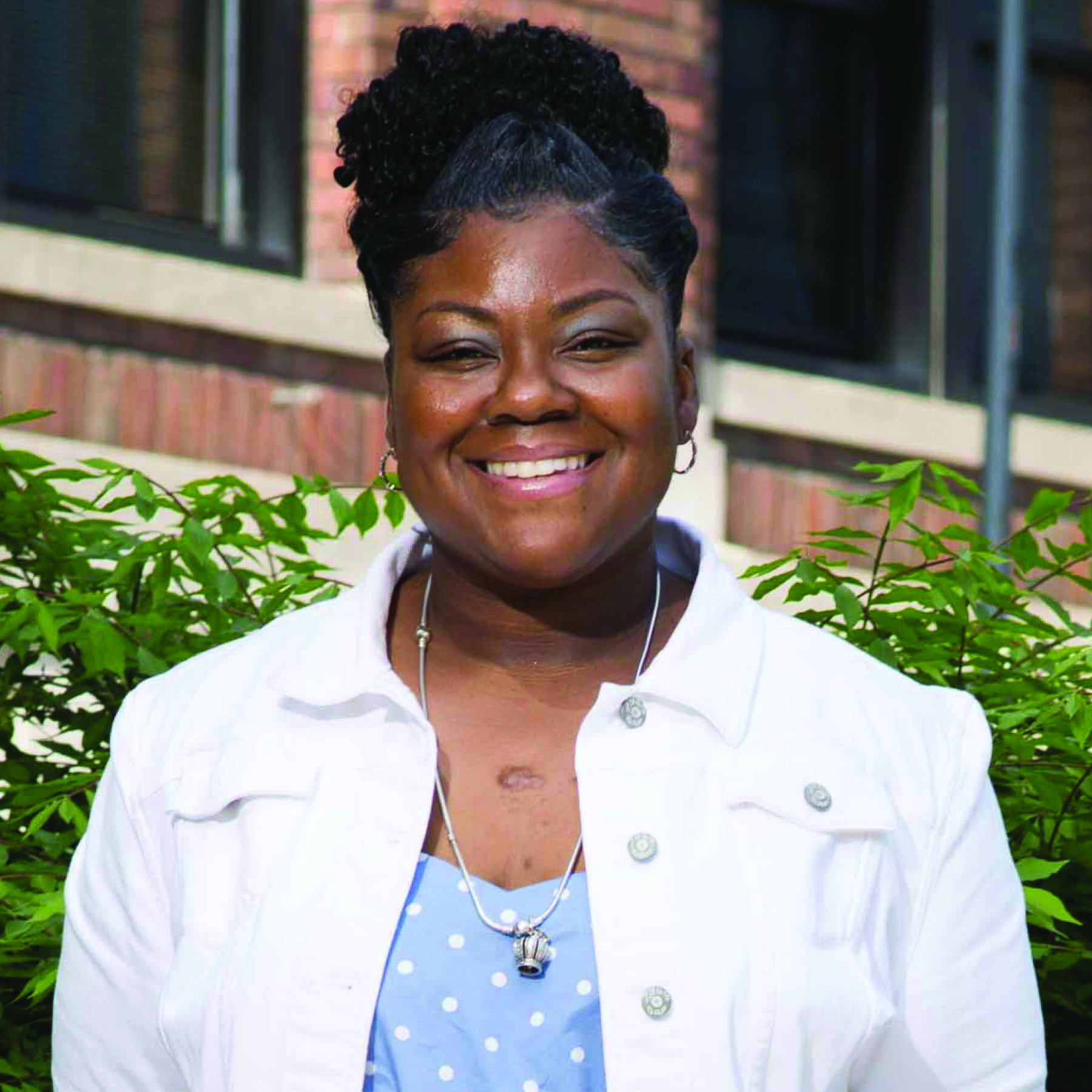 Daicia Price |
African Centered Practices in the Community and in the ClassroomWhen Afrocentric principles are explicitly credited as a theoretical wellspring for inclusive teaching practices, they can be a powerful means of reorganizing course structures to challenge dominant cultural assumptions about inferiority and superiority that harm both students of color and white students. By centering the experiences of Black people and incorporating Black cultural traditions into Social Work 713: An Afrocentric Approach to Practice with African American Individuals, Families and Communities, Professor Price disrupts traditional pedagogical frameworks that often assume a… more Poster |
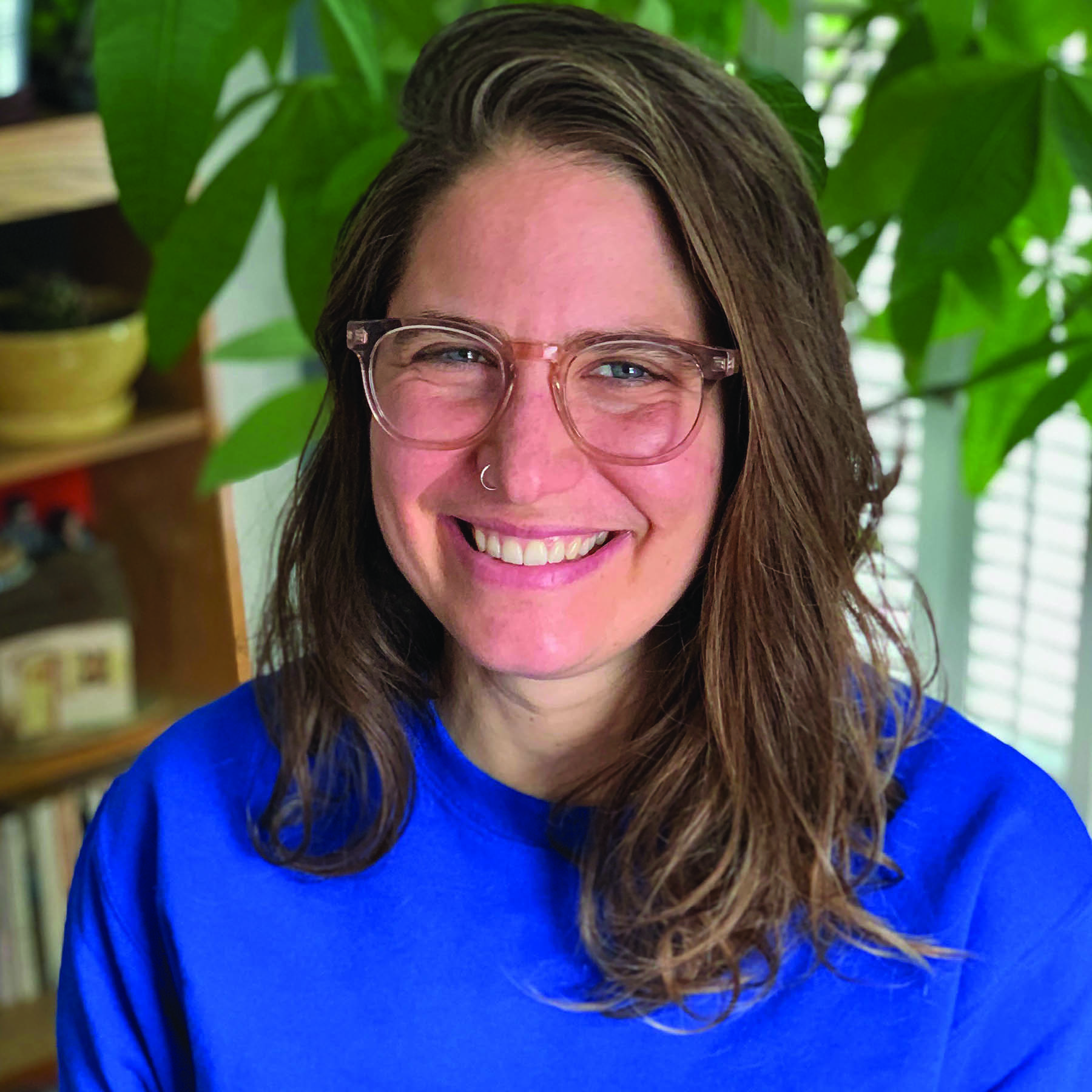 Ali Shapiro |
Creative Contracts: Incentivizing Engagement With “Writerly Behaviors”Contract grading can support a trusting classroom culture that enhances learning for everyone. A good contract makes a course’s design legible and logical to students—they understand each task to be clearly and convincingly connected to the course goals. In designing a contract for a first-year writing requirement course for art and design students, Professor Shapiro emphasized experimenting with writing in support of creative practice. After identifying things that strong writers do, she created a menu of accessible and appealing Writerly Behaviors (WBs) that get students writing… more Poster |
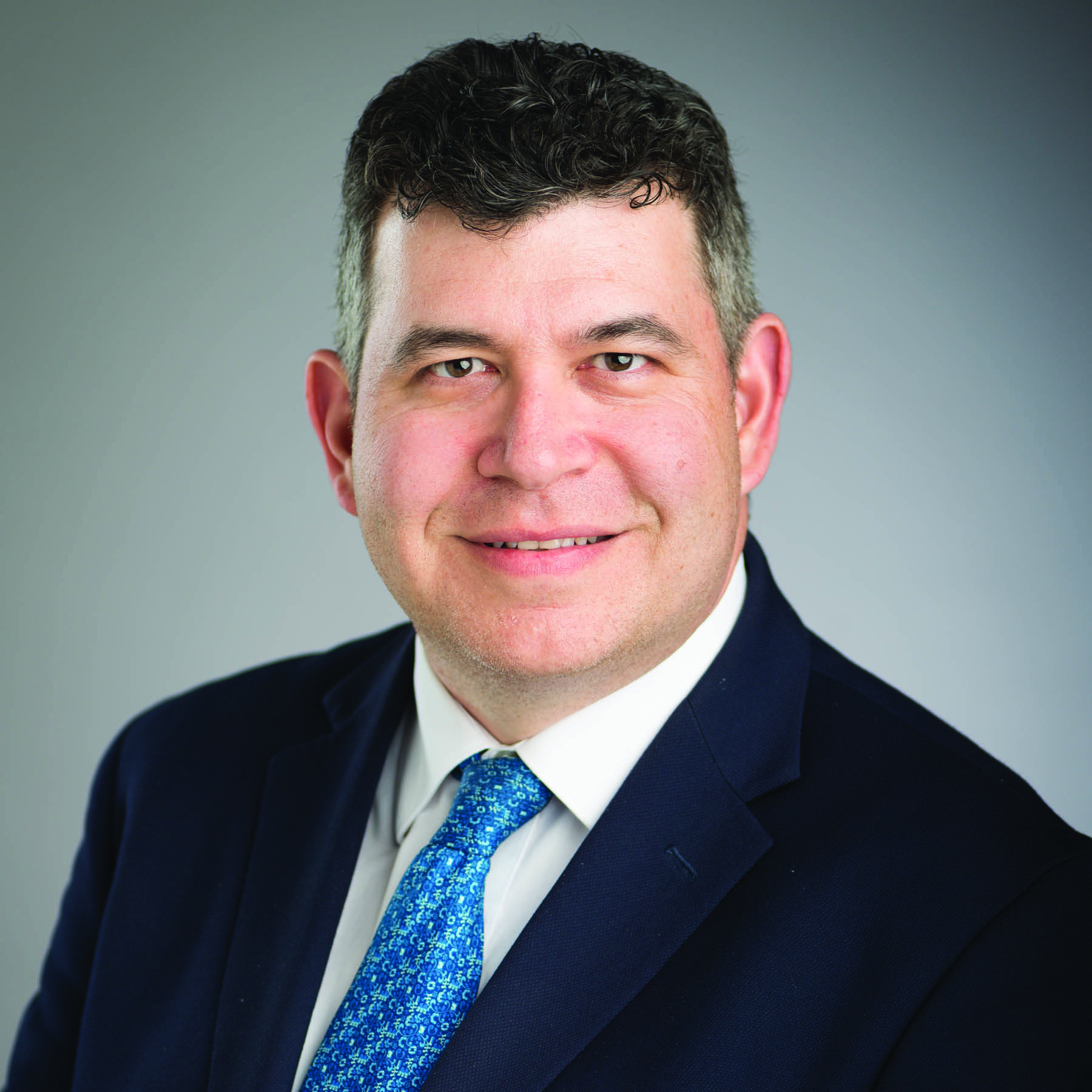 Mark Cohen |
Mixed Reality in Medical Education and PracticeGrand rounds is a familiar clinical teaching tool in the health sciences: A small group of learners moves with an experienced provider from bedside to bedside, discussing patients’ cases. When the COVID-19 pandemic hit, this mode of education came to a screeching halt. Personal protective equipment was in short supply, and non-essential exposures with patients were curtailed. Outfitting a single provider with augmented reality equipment, however, can bring learners to a bedside virtually, using 600% less PPE than an average in-person team. Not only was this safer, but new advantages for… more Poster |
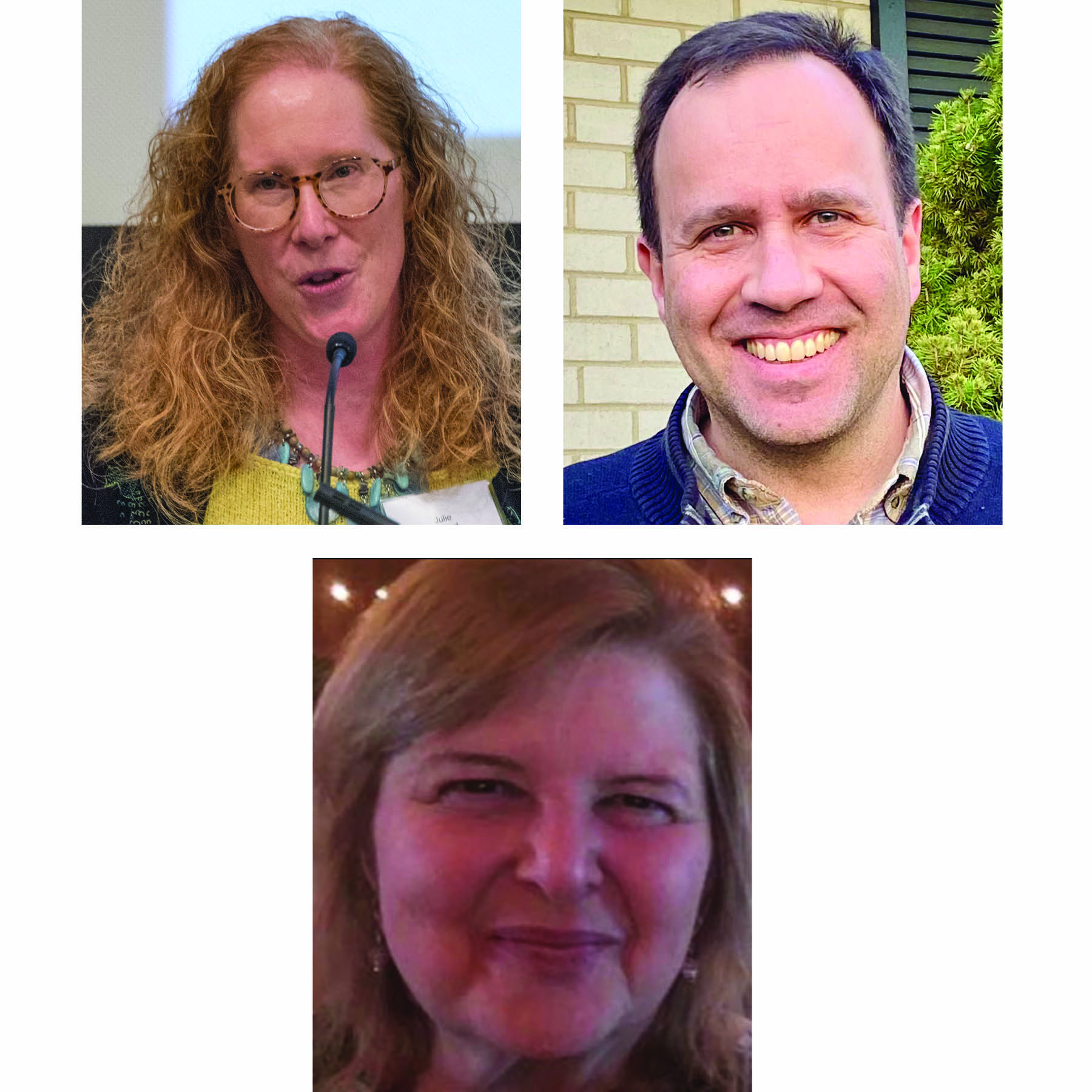 Julie Boland Joshua Rabinowitz Colleen Seifert |
UMTurk and Inclusive Teaching in U-M Methods CoursesPsychology faculty face many challenges as they teach large numbers of undergraduate majors how to conduct research on human behavior. UMTurk is a tool developed by programmers from LSA’s Technology Services that lets faculty quickly create and conduct online surveys, monitor survey responses in real time from a diverse pool of subjects (via Amazon’s Mechanical Turk platform), and visualize the resulting data. An instructor can thus demonstrate actual research steps during the course of a lecture or lab and engage students’ attention with live results. UMTurk also gives all students an… more Poster |
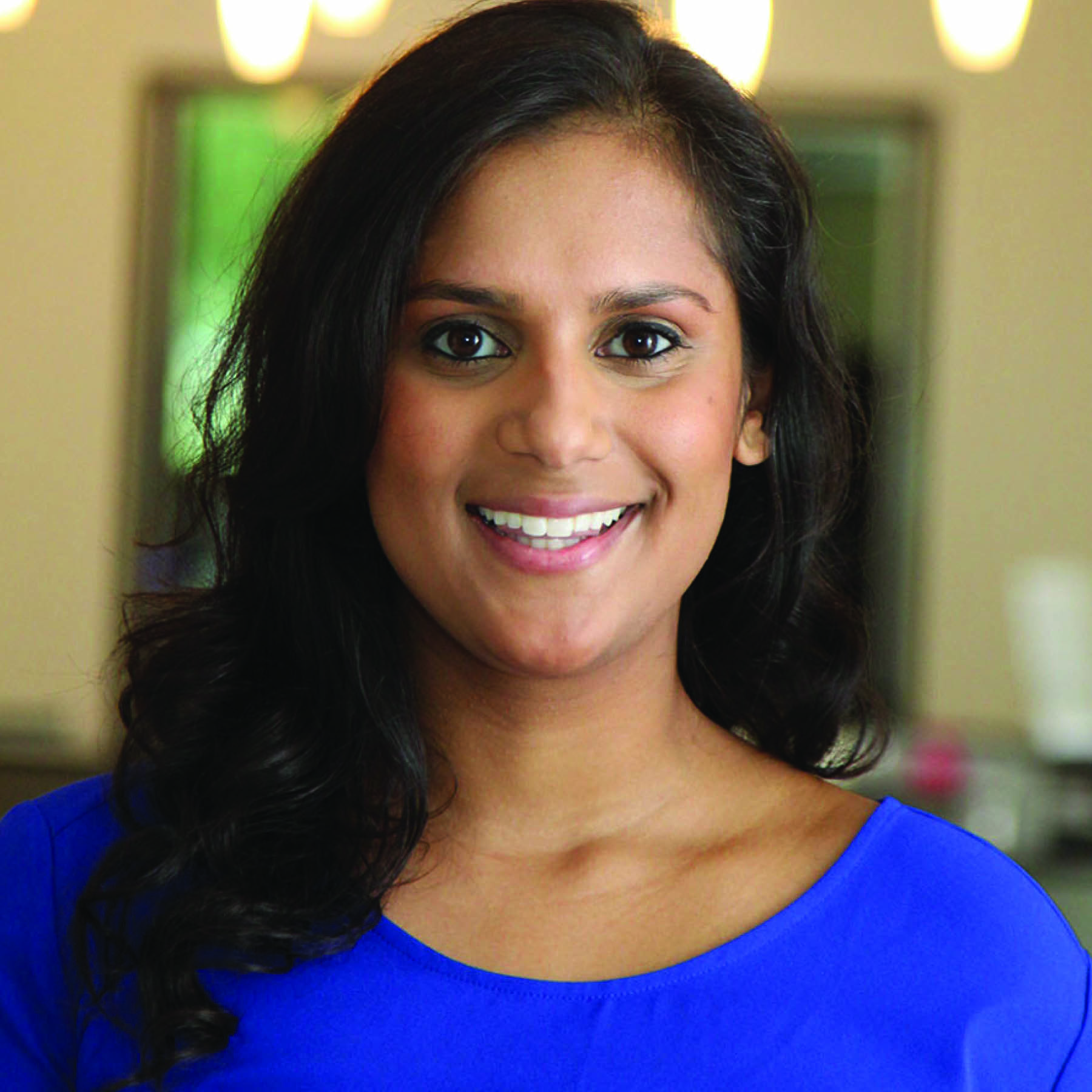 Ayesha Ghazi Edwin |
Improving Our City: The Ann Arbor Human Rights Commission ProjectWhen she heard a fellow member of the Ann Arbor Human Rights Commission (HRC) express a need for better shared knowledge of the history of local issues and the solutions pursued by other cities, Professor Ghazi saw a unique opportunity for social work students. They could fulfill their research requirement by exploring long-standing equity issues and proposing policy solutions. In the process, the course created an “issue bank” of reports and resources for use by the commission, city council members, and city officials. Crucial to the success of this project were Professor… more Poster |
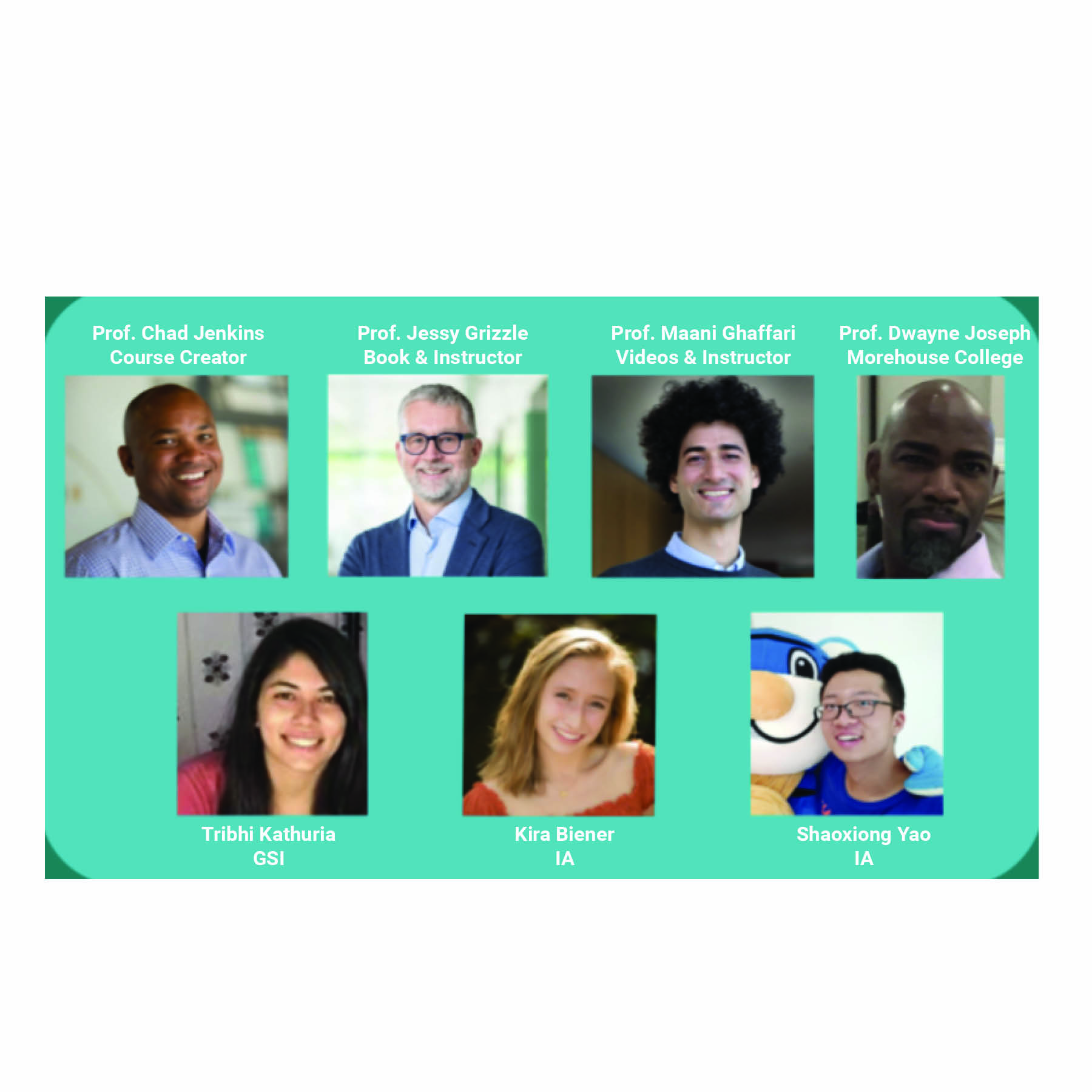 Chad Jenkins Jessy Grizzle Maani Ghaffari Dwayne Joseph |
Breaking the AP Calculus Hold in STEMMany engineering curricula assume that students must have 3-4 semesters of calculus before they can begin solving realistic problems. This gives students from high schools with advanced placement programs a big head start for entering and succeeding in the discipline, while effectively shutting out students from non-AP high schools. Re-imagining the way mathematics is introduced to new engineering undergraduates provides a profound opportunity to level the playing field and enable students’ success to be dictated by their intellectual ability and drive, not their zip codes. ROBOTICS… more Poster |
| Recipient(s) | Title |
|---|---|
 Patrick Barry Soojin Kwon |
Good With Words: Transforming the Teaching of Public SpeakingAlthough the ability to speak in clear, compelling ways is an asset in every profession and field, the skills involved are rarely taught explicitly. The Good with Words project consists of a suite of tools that teach these high-value skills efficiently and effectively to diverse audiences: pop-up workshops fit into students’ schedules a library of 26 short videos a forthcoming book and massive open online course a growing corps of trained assistants who lead follow-up practice sessions This range of resources lets students select opportunities and skills they are most interested… more Poster |
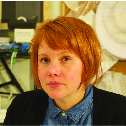 Annica Cuppetelli |
The Gender-Neutral Fibers Initiative: Leveraging the Creative Process for Inclusive LearningMany studio art traditions, including the fields of textile design and garment-making, have traditionally been spaces with reified gender associations, for example, abetting mobility and function for men and passivity and ornamentation for women. Yet the students encountering these traditions today are increasingly interested in non-binary and gender-fluid approaches. The Gender-Neutral Fibers Initiative supports exploration of materials, techniques, gender, and identity in self-directed ways. Students, primarily from art and design, but also from engineering and other fields, are… more Poster |
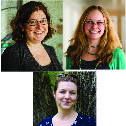 Robin Fowler Laura Alford Stephanie Sheffield |
Tandem: Automating Tailored Guidance for Students Working in TeamsThe ability to function in diverse teams is frequently touted as a key learning outcome, but it is a tough one for faculty to cultivate effectively, particularly in larger courses. Asking students to assess each other can generate more data than instructors have time to review and act upon. Tandem’s novel solution addresses team accountability, instructor support, and the instruction of teamwork skills in an automated system. Weekly surveys allow Tandem to assess each student, and each team, as “working well,” “approaching trouble,” or “needing support.” The faculty-facing dashboard… more Poster |
 Thomas Schmidt |
Trust Your Gut: Retaining STEM Students Through Authentic ResearchCan introductory laboratory courses give students meaningful opportunities to be involved in research, learn the nature of scientific discoveries, and appreciate how scientific results can be applied to everyday life? Could such experiences lead to better retention rates of students in STEM disciplines? The innovative design of the research-centric section of Bio 173, Introduction to Biology Lab, acts on the hypothesis that exposing early undergraduates to genuine research experiences where outcomes are unknown will enable them to not only grow intellectually but also to experience the… more Poster |
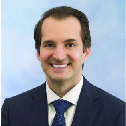 David A. Zopf MD, MS |
Building High-Stakes Skills Outside the Operating Room With Realistic, 3D ModelsClassical surgical education begins with years of “book learning” and observation of techniques, and then culminates in trainees building skills and muscle memory by operating on actual patients. There are risks inherent in this approach, particularly for patients who are children. By using 3D printers to create realistic, low-cost models, Professor Zopf and his team shift the early learning curve out of the operating room, away from kids, and into a zero-risk environment. Freed from any anxiety about potentially causing harm, surgical trainees can focus on tactile feedback from hard and… more Poster |
| Recipient(s) | Title |
|---|---|
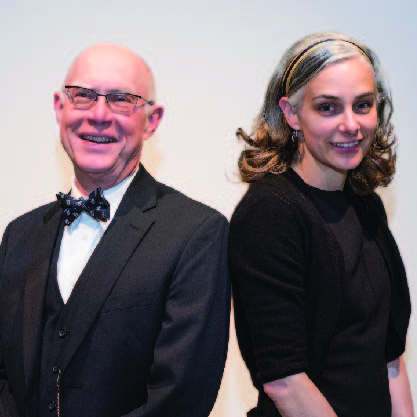 Stephanie Tharp Eric Svaan |
Design Charrette: Hacking Health Through Community Engagement, Innovation, and EntrepreneurshipExpanding the design charrette model popular in architecture and design practices, the team behind Hacking Health has developed a hybrid model that amplifies the power of the “pop-up” meeting between users and designers by using it to jumpstart a semester-long design studio. A design charrette is an intensive, cross-disciplinary workshop involving a group of stakeholders to address a problem area and to inform design of products, services, and systems aligned with the needs of users. In each charrette event, students worked in interdisciplinary teams with faculty, researchers,… more Poster |
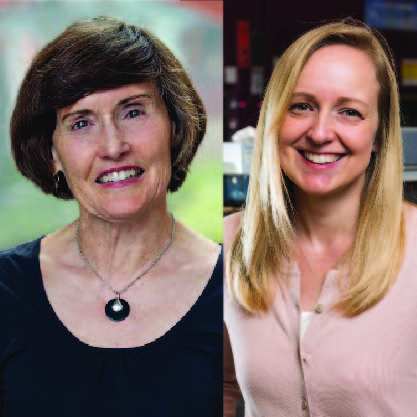 Ginger Shultz Anne Ruggles Gere |
M-Write: Making Writing-to-Learn Pedagogies Practical and SustainableM-Write increases learning in large enrollment introductory courses by requiring students to translate key concepts into real-life situations via writing. M-Write has made writing-to-learn pedagogies practical and sustainable by a) developing an automated peer review system that fits seamlessly into Canvas and b) training undergraduates to provide formative feedback on student writing about content. Combining technological and human resources assures that faculty can elicit student understanding of key concepts and in turn provide formative feedback—no matter the size of the course—… more Poster |
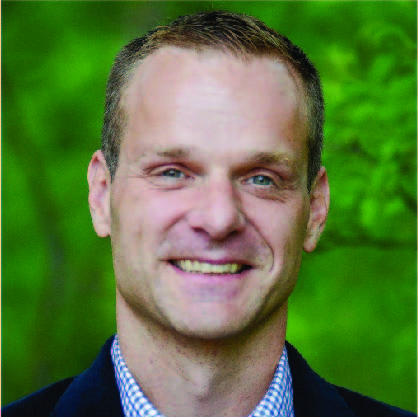 Matthew Diemer |
Advancing Diversity, Equity, and Inclusion via Advanced Quantitative CoursesAs Professor Diemer writes, “quantitative courses are commonly experienced as notation-heavy technical exercises that are divorced from both the lived experiences of students and from larger societal issues.” Students enter his advanced statistical method classes expecting to drilled with complex equations, often intimidated by the material, believing that they’ll never be “good at math.” By integrating issues of diversity, equity, and inclusion into all aspects of the course, this project provides a roadmap for exploring the impact and causes of pressing social issues across… more Poster |
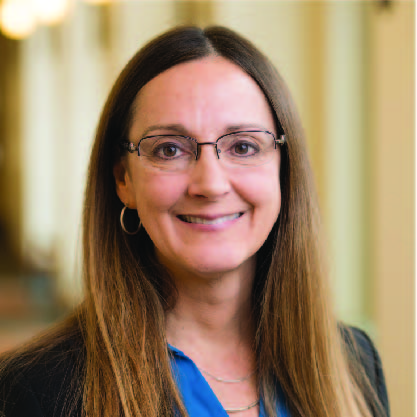 Elisabeth R. Gerber |
ViewPoint: Simulating Decision Makers’ Choices in Classrooms and OnlineRole-playing simulations immerse learners in complex decision-making settings, providing opportunities to experience first-hand the challenges that arise when decision-makers must come to a collective decision over which they disagree. ViewPoint is a cloud-based software that streamlines the authoring and implementation of such simulations, and it is flexible enough to support a wide range of simulation scenarios, from intense in-person, multi-day events to entirely online, asynchronous experiences. The barriers of creating a simulation for an educator, and participating in a simulation… more Poster |
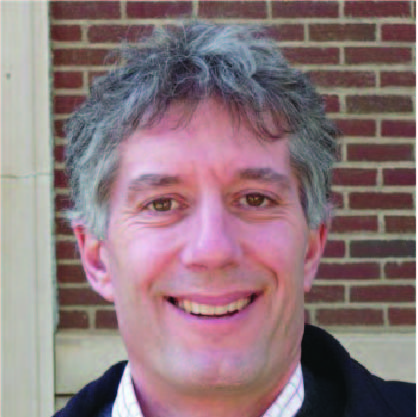 August Evrard |
Problem Roulette: A Stress-Free Practice Zone Supports Student SuccessProblem Roulette (PR) is a study service that offers topical access to a library of locally-authored exam problems in selected foundational courses at the University of Michigan. Research is clear that the more students use formative assessment tools, like practice problems, and use those tools over time, the better they understand the material. Because PR is not for credit, students can use it without risk of failure, as early and often as they like, receiving immediate feedback and guidance on every question. In the first five years of the project, more than 60,000 students… more Poster |
| Recipient(s) | Title |
|---|---|
 Jesse E. Hoffnung-Garskof |
Designing “Problem Sets” and Flipping Humanities CoursesWhat do you do if the science of learning persuades you that students benefit hugely from project-based learning, but you teach a humanities subject that lacks the problem sets around which lectures can so productively be flipped in disciplines like engineering or dentistry? And how do you scale a newly flipped course to serve 60-70 students after pilot runs with 30-40? HISTORY 335 “Immigration Law” created space for new activities by first adopting a familiar technique: clicker quizzes at the beginning of class encourage students to actually do the readings beforehand. This change… more Poster |
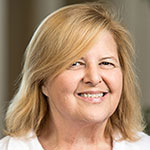 Colleen Seifert |
Creative Challenges: Contributing Real-World Solutions from Classroom LearningAt the heart of design problems in many domains lies human behavior. Although college students in the liberal arts are in the process of acquiring a great deal of knowledge about human behavior, they often fail to see the value and applicability of what they’re learning. They may limit their role to one of passive “intake,” or “What to I need to know for the exam?” However, pairing a course with a corresponding online design challenge can activate students’ enthusiasm and curiosity: they apply new concepts to current, real-world problems while a course is running, rather than postponing… more Poster |
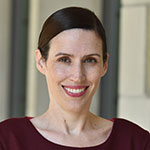 Megan Tompkins-Stange |
Bringing Philanthropy to Life Through Critical PedagogyStudents engage in hands-on grantmaking in PUBPOL 495 “Philanthropic Foundations in the Public Arena.” This experiential learning initiative allows students from all backgrounds to critically reflect on the role money plays in social change as they analyze the historically controversial relationship between institutional philanthropy and public policy. Multiple, and often conflicting, disciplinary perspectives simultaneously challenge students and train them in constructive dialogue and deliberation in order to reconcile conflicting values. Working in teams, the students collectively… more Poster |
 Barry Belmont |
Telling Human Stories, Creating Human EngineersBecause much of the work of an engineer has to do with the rigorous application of scientific details, typical engineering curricula tend to focus on making sense of how all these details interrelate mathematically and conceptually. The innovation in ENG 100.500 “Biotechnology, Human Values, and the Engineer” is to couch information within engaging stories that focus on the people affected by engineers. Through in-class dialogue, peer-to-peer interactions, written assignments, and classroom activities, students reflect on the relevance and consequences of engineering topics from the… more Poster |




